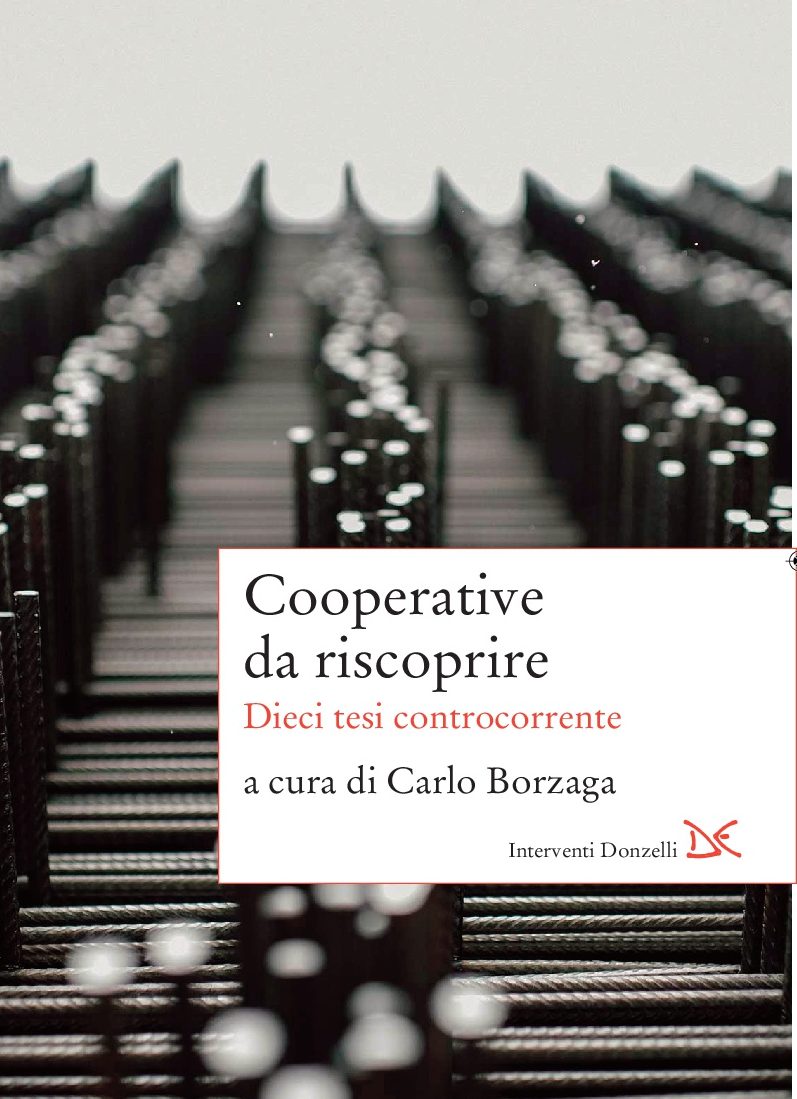Ten theses that go against the grain
Small. Even too small to compete on an equal footing with other forms of enterprise, to innovate, to participate credibly in the public debate, to anticipate needs that are today emergent, but tomorrow vital.
Obsolete. Far removed from demands of a widely invoked digitization and of an economy now shared, on demand, marked by a click.
Undercapitalised. Less efficient than shareholder companies. Dependent on the presence of public subsidies.
Favoured, privileged. Even fake. And for this reason blamed on a regular basis in the public statements of those who, from time to time and beyond color, pass through the spaces of Parliament.
Talking about cooperatives inevitably leads here: in the dark and uncertain alleyways of a dominant narrative, of a representation that is as widely recurrent as it is scarcely true. Reality and perception, what is true and what is merely plausible, seems to confuse even those who, on a daily basis, animate the cooperative system. But what is the truth? How much do these notions correspond to the facts?
The European Institute for Research on Cooperative and Social Enterprises (Euricse) has been asking these questions since its foundation. And to the lack of empirical analysis supporting the mainstream theses has responded with evidence, numbers, theoretical analysis. On the occasion of its first ten years, Euricse has collected some of the most relevant research results produced in these years with the aim of giving weight to words. The result is a reflection that lays new foundations, less emotional and more scientific, to understand the future of a system – the cooperative one – that has even more than a challenge to overcome and that has all the potential to interpret the transformations that will mark our time and that to come.
